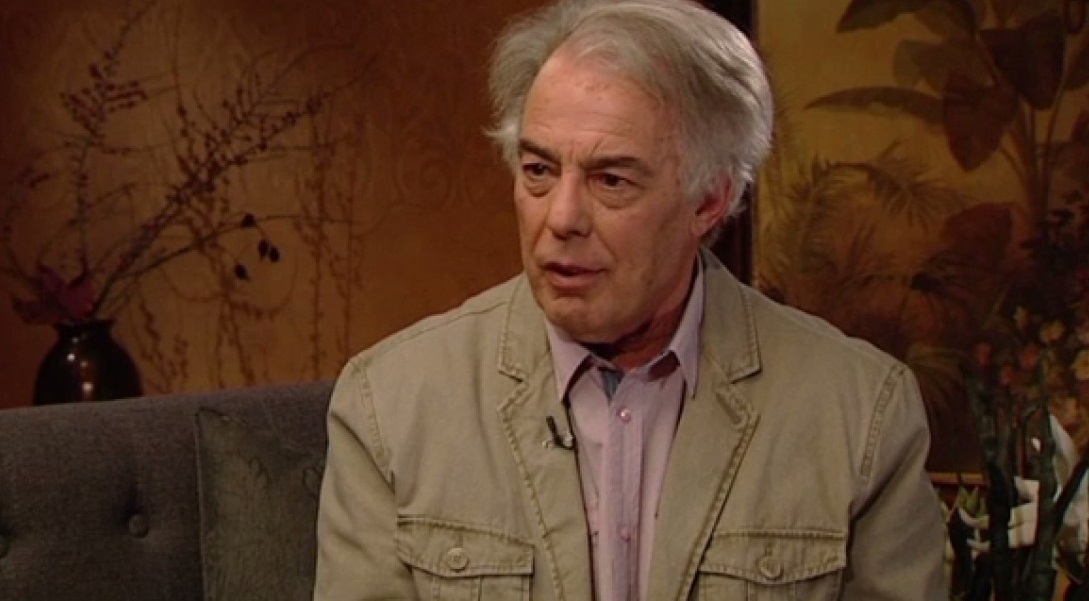As long as in Hungary, on the right - using traditional terms - there are consequences for the offenses committed by politicians and public figures, on the left, any crime a public or political figure can commit, the consequences are always absent. The reason for this can be stated very simply:
while the right has morality and democratic norms, the left - more precisely the left-liberal side - does not know these concepts, let alone their significance and importance.
Katalin Novák and Judit Varga, these two excellent and great women, knew their duty and resigned from their positions. (And now they were joined by Zoltán Balog, the leader of the Reformed Church, who advised the president to pardon Endre K.) They did not want to escape responsibility: they did something that was factually completely unacceptable from the point of view of the government's policy, in fact, it was almost a punch to its heart. And they knew that, in the end, the facts matter, what happened, happened, cannot be undone or undone. Realizing this, they made the most difficult and painful decision for them personally: they accepted the responsibility and resigned from their office.
This cannot be overstated.
With this step, for us, who loved them and valued their activities, they made a huge sacrifice in their personal lives. However, from the point of view of the country's democratic functioning, morals and conduct, they made a long-term, exemplary decision, and this is of great importance.
Namely, that from now on there is a standard that can always be referred to if someone does, does or says unacceptable things in public life. From then on, it is simply impossible to avoid their example. In other words, this step of theirs should be a standard for the left-liberals as well - no matter how much they don't want it. Of course, knowing them, they can continue their activities without consequences. However, they will have to take into account one thing going forward: the fact that the Hungarian public, if it had not seen or known until now, now knows that there are norms and expectations in politics, which, if a political party, politician, leader, etc. does not meet, then the citizens will draw a conclusion from it, and they will express it at the next possible opportunity - for example, during an election. But it is even possible that even sooner: demonstrations, pressure, resistance, etc. in the form of which enforce consequences on a "here and now" basis.
Now let's take a moment: I formulated the thesis of a country without consequences very soon after the regime change, precisely under the Horn government. In 1996, I first wrote an article with this title in this newspaper, Magyar Nemzet. At that time, the socialist-free democratic coalition led by Gyula Horn had already been in power for two years, and by that time so many events had taken place that confirmed my statement, which made me write the article - which was then followed by numerous articles with a similar title or subtitle in the newspaper.
By that time, we had already passed Gyula Horn's infamous "Well?" in his answer, which was a shocking reaction on the part of the Prime Minister for all non-post-communist people.
As a reminder: in 1994, the parliament adopted the so-called III/III Act, which regulated that in the case of a person with a history of being an agent in the previous dictatorial regime or of political leaders who used agent reports, the relevant court would call on the person concerned to renounce public life about his position, and if he does not do this, the report about him will be made public.
This is how it happened in the case of Gyula Horn, since he, as a person occupying important leadership positions in the Kádár system, received the reports from agents and agents, and was thus affected. Therefore, the court called on him to resign, which he "of course" did not take into account, and after that his involvement in this type of party-state system was made public. (Which, of course, in the case of him, who also played a role in putting down the 1956 revolution, was just icing on the cake.) After that, of course, the journalists asked him why he didn't resign, since the law basically expects this in the agent law from those involved, and after all, one of the defeaters of the 1956 revolution. His answer to this was short and very confident: "so what?" His confidence was understandable, since lustration, historical justice and accountability were lacking during the regime change in Hungary, so much so that in 1994 he could have already been the prime minister of the country.
So the consequence was missed, but even after that one case followed another, in which the socialist and free democratic leaders reacted similarly, their actions were made public one after the other, so it became clear that we are dealing with a left-liberal attitude here. Well, that was the moment when my article was published in 1996.
Compared to this, the situation changed in 1998, when history served justice, the Horn government fell, and the right-wing coalition formed by Fidesz-Small Farmers Party-MDF led by Viktor Orbán came to power. Between 1998 and 2002, the situation in Hungary was fundamentally transformed, the previous political attitudes disappeared almost at once, and for the first time after the regime change, we no longer had to talk about a country without consequences.
2002 was a tragedy for the entire national side, because after a very good four-year government, the left won power again, let's not go into the reasons for this now. It is much more important that Péter Medgyessy was overthrown in 2004 by Ferenc Gyurcsány with the help of the Free Democrats, and he became the prime minister.
Well, the period between 2004 and 2009, Gyurcsány's administration, brought Hungary a period of complete and brutal lack of consequences.
It doesn't hurt to recall them again and again, if only for the sake of informing young people! Ferenc Gyurcsány had an almost uncountable number of cases, almost all of which he should have resigned from, mainly in connection with his companies. I only mention headlines: Motim, Nomentana, Fittelina, land sale in Sukoro, Russian trade office, not even mentioning his earlier scandals, such as the acquisition of the government resort in Ószöd and the parliamentary premises in Szalay Street, with minimal suspicion of corruption. What was Ferenc Gyurcsány's endlessly cheeky answer to all this in the parliament, when they asked if he had acquired his wealth fairly? He answered something like this: “What! Very! Legally and fairly!" (The walls of the Parliament were strong enough not to collapse.)
But, of course, the "peak" of everything was 2006, when Gyurcsány committed a political crime twice over: firstly, he misled the voters during the campaign regarding the country's economic situation, so he gained power again through manipulation (in addition to fending off the European Union, or worse, walling it off). , and then, when the Ószöd speech was made public in the fall, he beat the citizens protesting against him back and forth with his guidance and permission, starting in September, for weeks.
However, the climax was, of course, October 23, when police brutality reached an astonishing scale, and let's just say:
it is just a coincidence that there were no fatalities there and then, only injuries, although the later deaths of at least two people can be traced back to this.
In a normal democracy, Ferenc Gyurcsány should not only have resigned, but early elections would have been the appropriate consequence. But nothing happened. In 2011, despite the fact that the Balsai Committee concluded that Gyurcsány could in fact be accused of a terrorist act, nothing happened, Gyurcsány had no intention of resigning, and even today he is still spoiling the atmosphere in Hungarian political life.
And this is where we are really in trouble after this: in a democracy, governments have a very big responsibility, but no one should think that the opposition's is negligible. No, on the contrary: a real democracy can be operated if, in addition to the government, the opposition is also able to comply with democratic standards. Without a normal opposition, there is no democracy, it is only one-sided.
Well, democracy in Hungary is one-sided from this point of view.
That is why I say that we, the nationals, should do everything we can to ensure that this country has a left wing and opposition that adheres to democratic standards.
Let's get rid of this left, of course, while respecting the norms of the rule of law, and let's trust that a left that respects the norms will slowly be born in the place of this baggage.
And then we will permanently be a country of consequences.
Source: Hungarian Nation
Cover photo: MTI/Tamás Kovács













